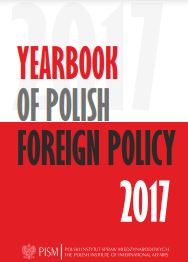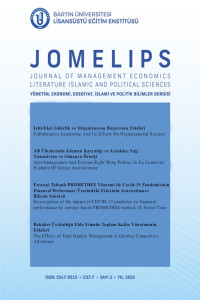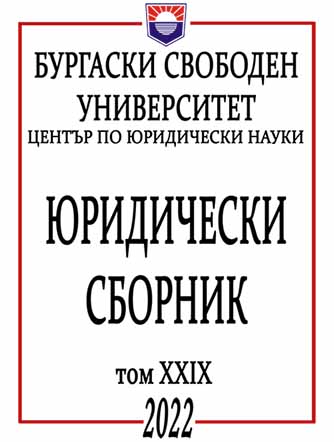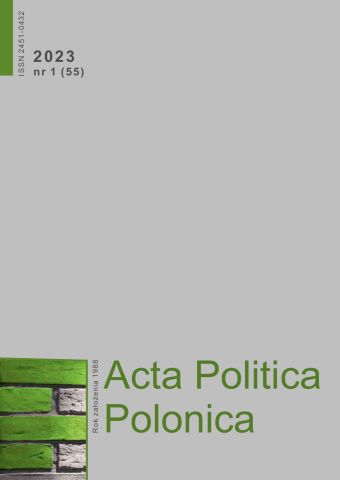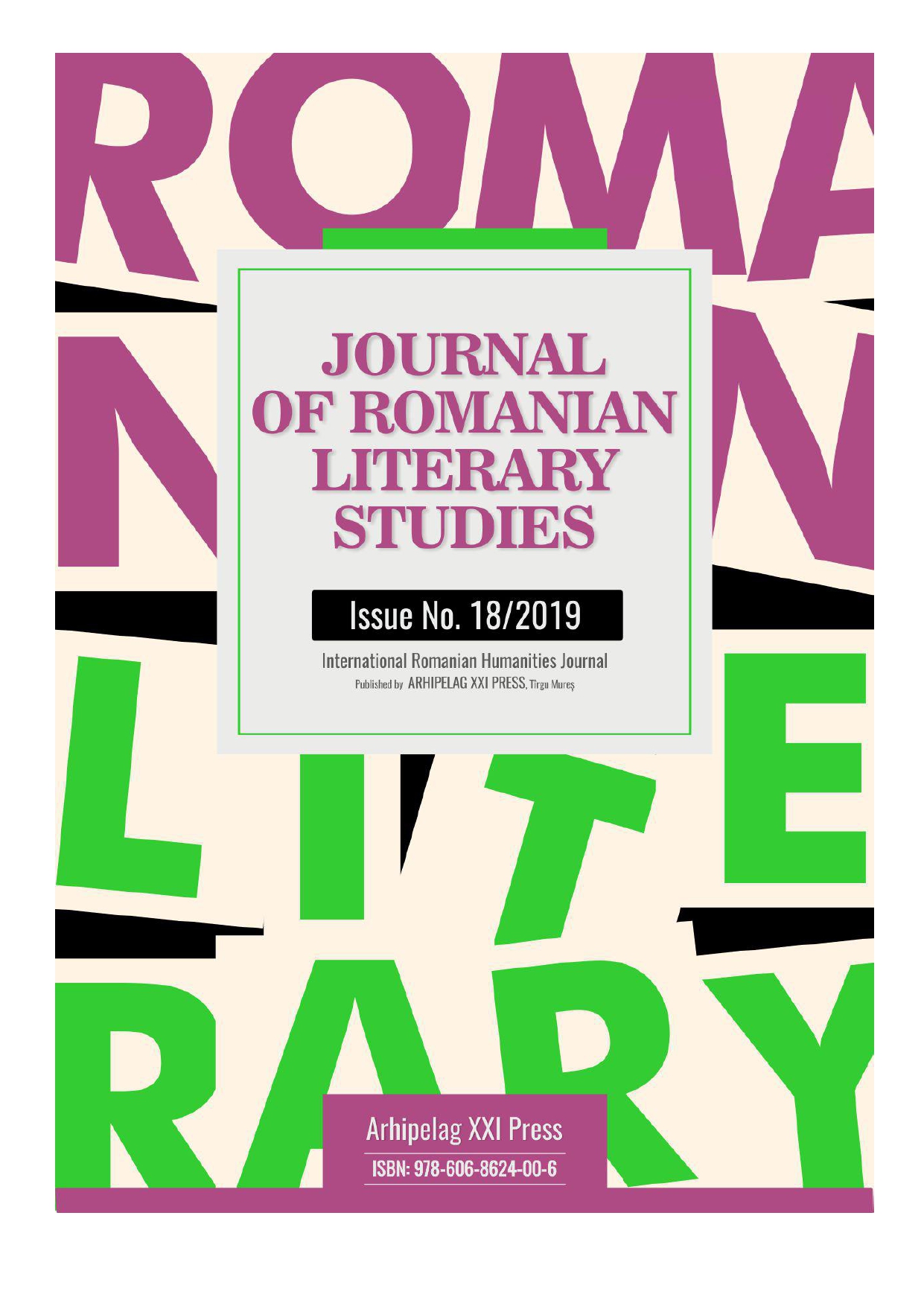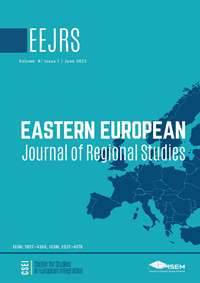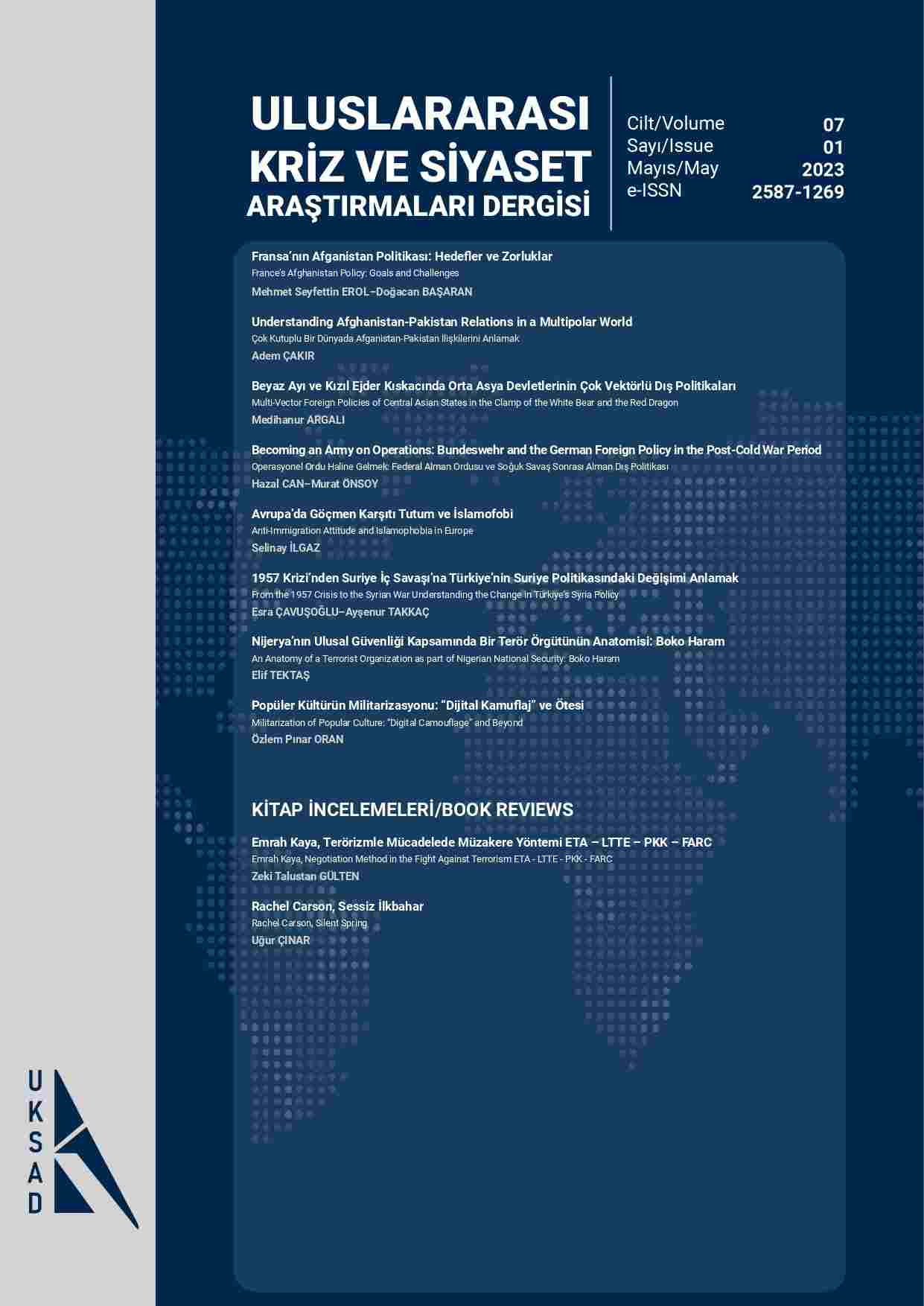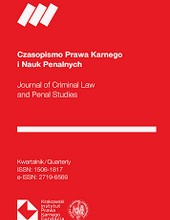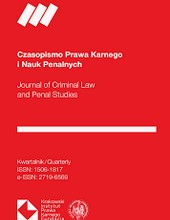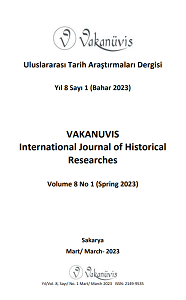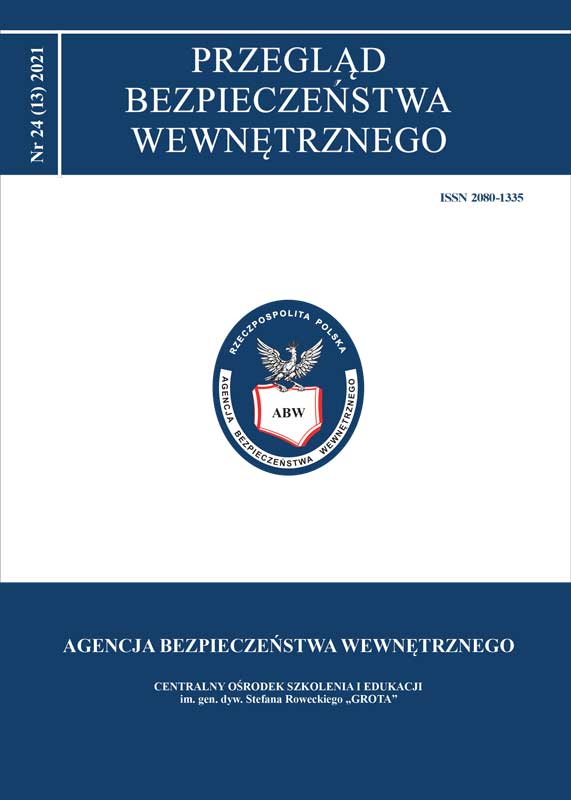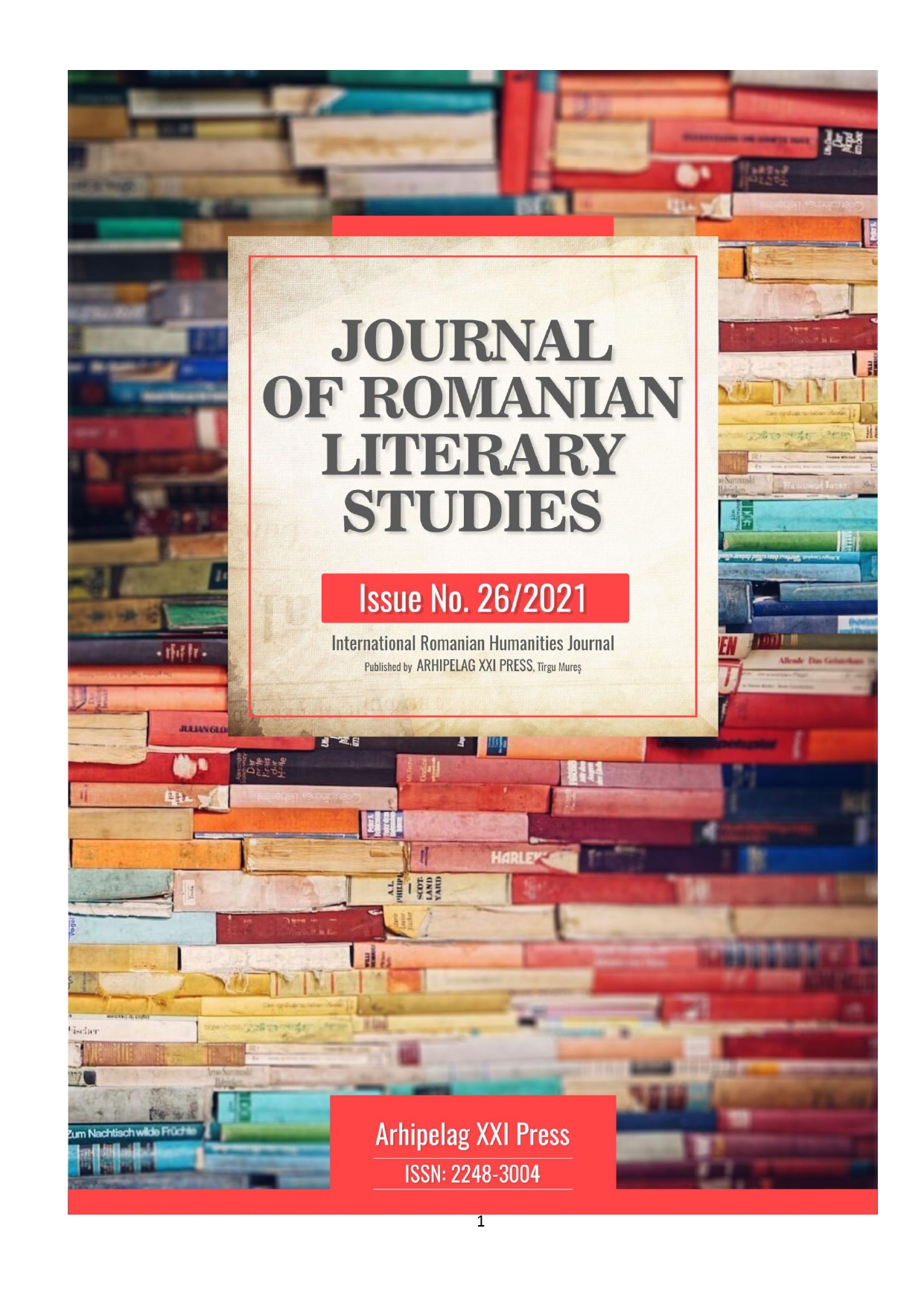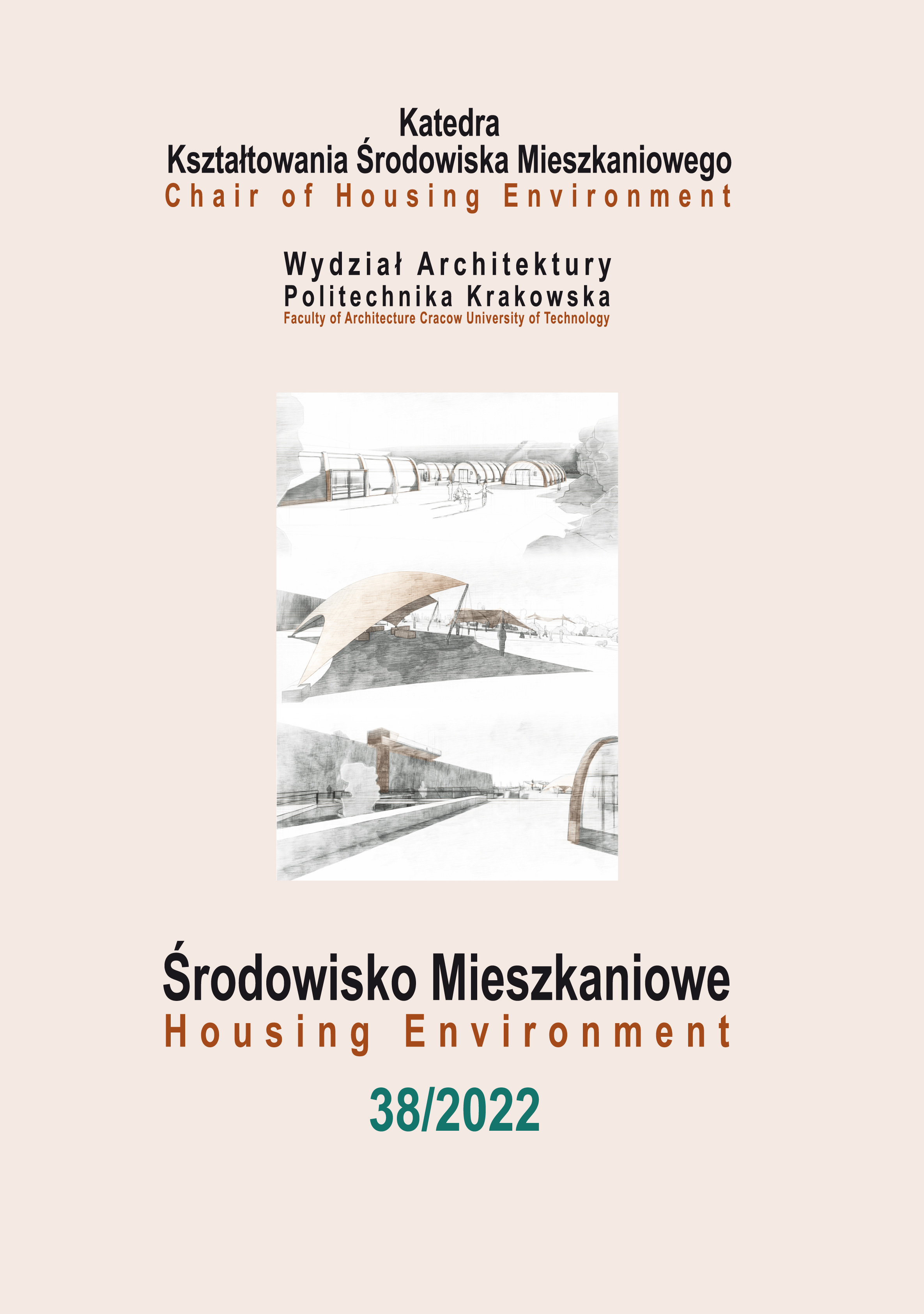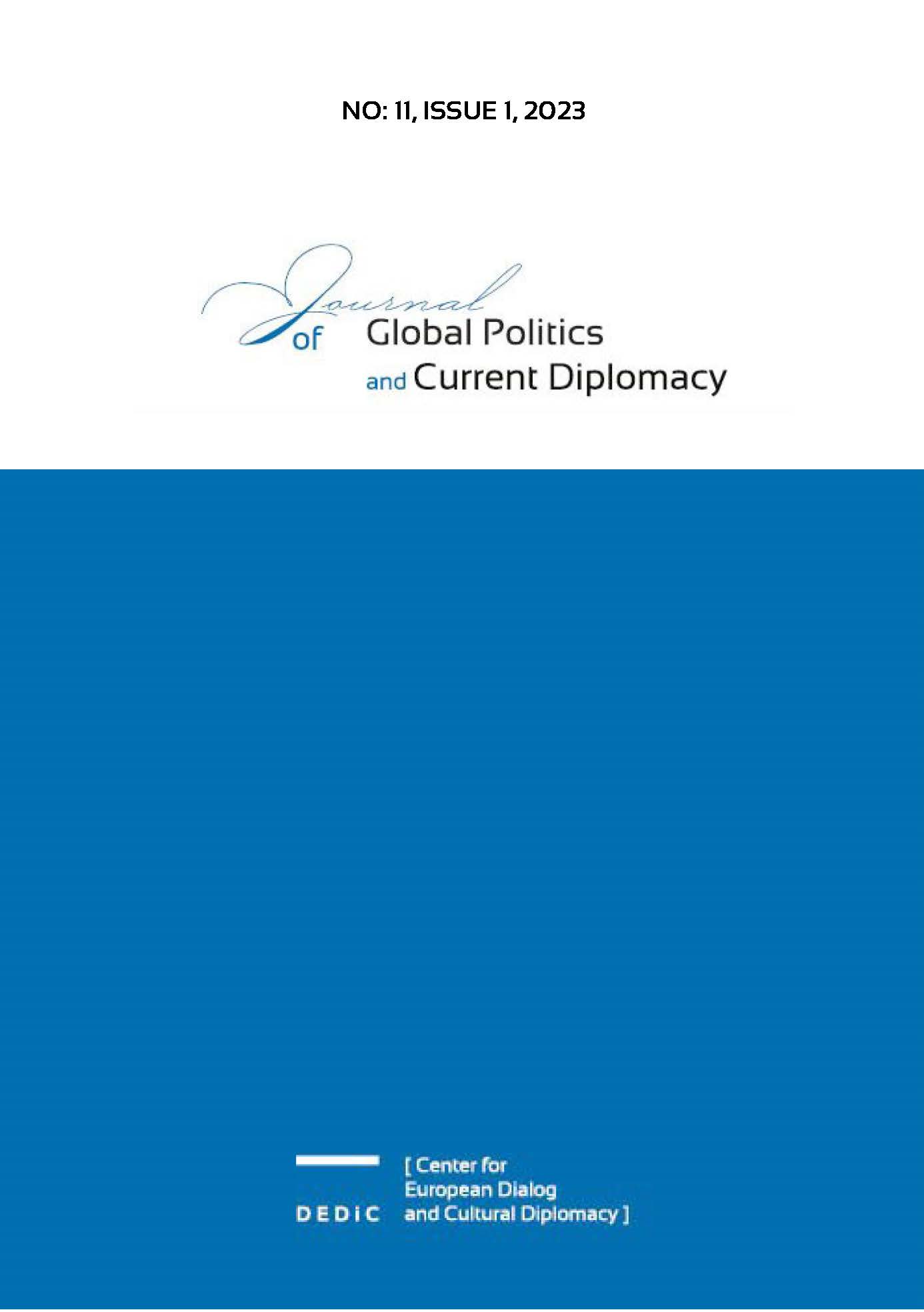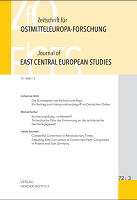Author(s): Ewa Pogorzała / Language(s): Polish
Issue: 55/2023
After 24 February 2022, there was a dynamic influx of children from Ukraine to Poland. Estimates pointed to up to 700,000 children, out of a total of 2.37 million reported by the Border Guard, crossing the border at the end of March 2022. Of the approximately 500,000 numbers already registered in the PESEL system at that time, almost half (256,000) were under the age of 18. At the end of March, 147 thousand children were enrolled in schools, but already at that time, as a result of arrangements with the Ukrainian authorities, participation in online learning, organised by schools in Ukraine, was considered equivalent to fulfilment of compulsory education on the territory of Poland. In parallel, a discussion started on the model of education of children from Ukraine - from separate Ukrainian schools, organisation of the so-called preparatory classes or modification of their formula into the so-called welcoming classes – only with intensive learning of the Polish language, to inclusion into regular classes, implementing the core curriculum, but with support in the form of additional Polish language classes, remedial classes in subjects or employment of the so-called intercultural assistants. Due to the subsidy system of financing education, the issue of costs of introducing additional solutions was also raised by local authorities. The aim of this article was to provide an institutional and legal analysis of the legislative and organisational activities of the central and local educational administration, as well as to identify the main challenges in this respect. Legal acts and documentation of public authorities, press articles and material from the trade press, related to the educational and local government environment, as well as from social media, constituted the source basis. The analysis was based primarily on the declarations of educational authorities with regard to the planned system solutions and legislative activities, as well as on the discourse concerning the evaluation of the introduced regulations and the actual state of affairs, gathering opinions of educational circles, local self-government units or non-governmental organisations. The article presents the legal status and is based on data available at the end of 2022. The main hypothesis of the article assumes that the main organisational and didactic effort has been made by local governments and school communities, with minimal participation of the Ministry of Education and Science, limited to general declarations as to the directions of state policy in this area and the introduction of legal changes, but not always corresponding to the demands of local governments and the educational community.
More...
